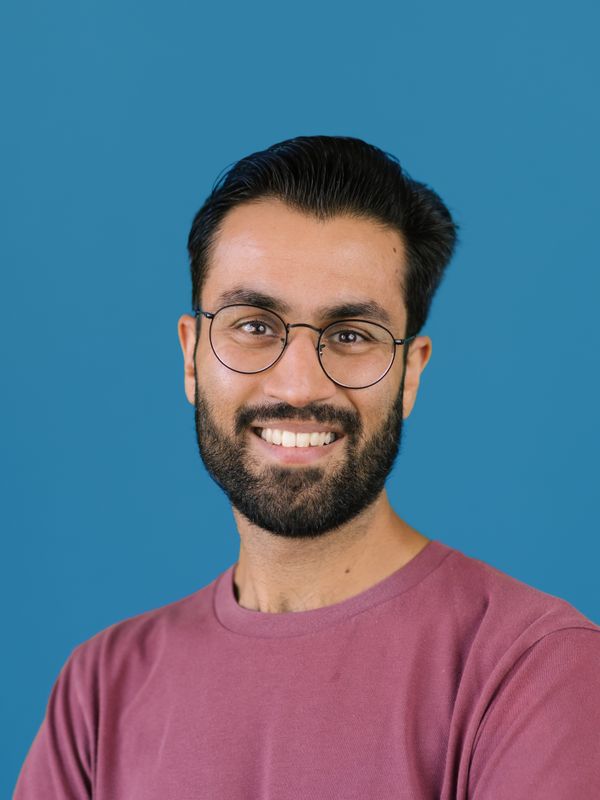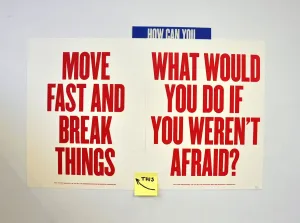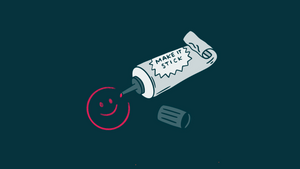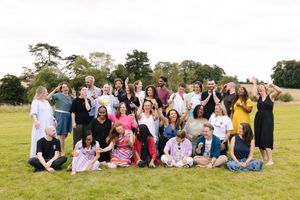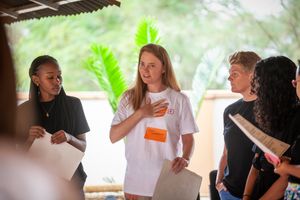
At first glance, a statement like that might feel counterintuitive, but you’d be surprised how many times we've heard something close to it from those in government departments, NGOs, financial institutions and even the corporate sector.
The reason is a simple one: Fear.
Unlike the big, multi-million projects with their strategic roadmaps, concrete outcomes, KPIs, and feasibility checks; the £50k project is likely to be a step into the unknown.
It’s a bet on something that may well surface more questions than it answers, and it requires an environment where new ideas can be nurtured before they’re ready to be released into the outside world.
But the potential payoff is huge: the unlocking of a fresh set of possibilities that break through the ‘business-as-usual’ mentality.
Experiments. Bets. Unknowns… These are not words that typically inspire confidence within organisations that are already time-constrained, are facing hugely complex challenges, and who are likely to be working with entrenched ideas and budgets made up of tax-payers’ money.
But experiments, bets and unknowns are the things you need to get comfortable with (embrace even) if you want to create truly transformative ideas.
Over the years we have designed and executed multiple tactics and strategies for navigating through this kind of uncertainty and that entirely human fear of failure.
With our partners we’ve crafted innovation-friendly environments that can operate away from the usual checks and balances, and created an approach that exists far beyond just a ‘lab’ or ‘accelerator’. This approach unlocks a risk-taking, always-learning culture and mindset that means teams can conquer two key challenges:
- Designing a space for innovation, outside of the gravitational pull of a company’s BaU, that allows for new ideas, which will fail, evolve, and improve.
- Collecting the complex suite of evidence and making sure ideas have the best possible shot at scaling successfully into a company or system required to mainstream and scale successful ideas into the real world.
We call this new model of innovation ‘carve-outs’ and we believe that, as well as benefiting the social impact and international development sectors, that it also holds the key for those in the wider commercial sector who are looking to generate fresh initiatives capable of meeting market expectations, tackle global competitive pressures, and engage with a shifting landscape of consumer values and norms.
On Thursday 19 September we are bringing together some of the partners we’ve worked to establish innovation carve-outs for a free event where we’ll be going into detail about how to create these kinds of innovation-friendly, impact-unlocking environments.
Discussing the incentives, methods and mindsets needed to create these game changing spaces will be:
Steven Hunt, from the UK Foreign, Commonwealth and Development Office, Suha Tutunji from Jusoor, and Clio Dintilhac from Bill & Melinda Gates Foundation, as well as our own Abigail Freeman.
Read more about the event and reserve your spot here, and then join us on Sep 19th at 13:00 for a 90 minute discussion that could transform the way you think about innovation.

